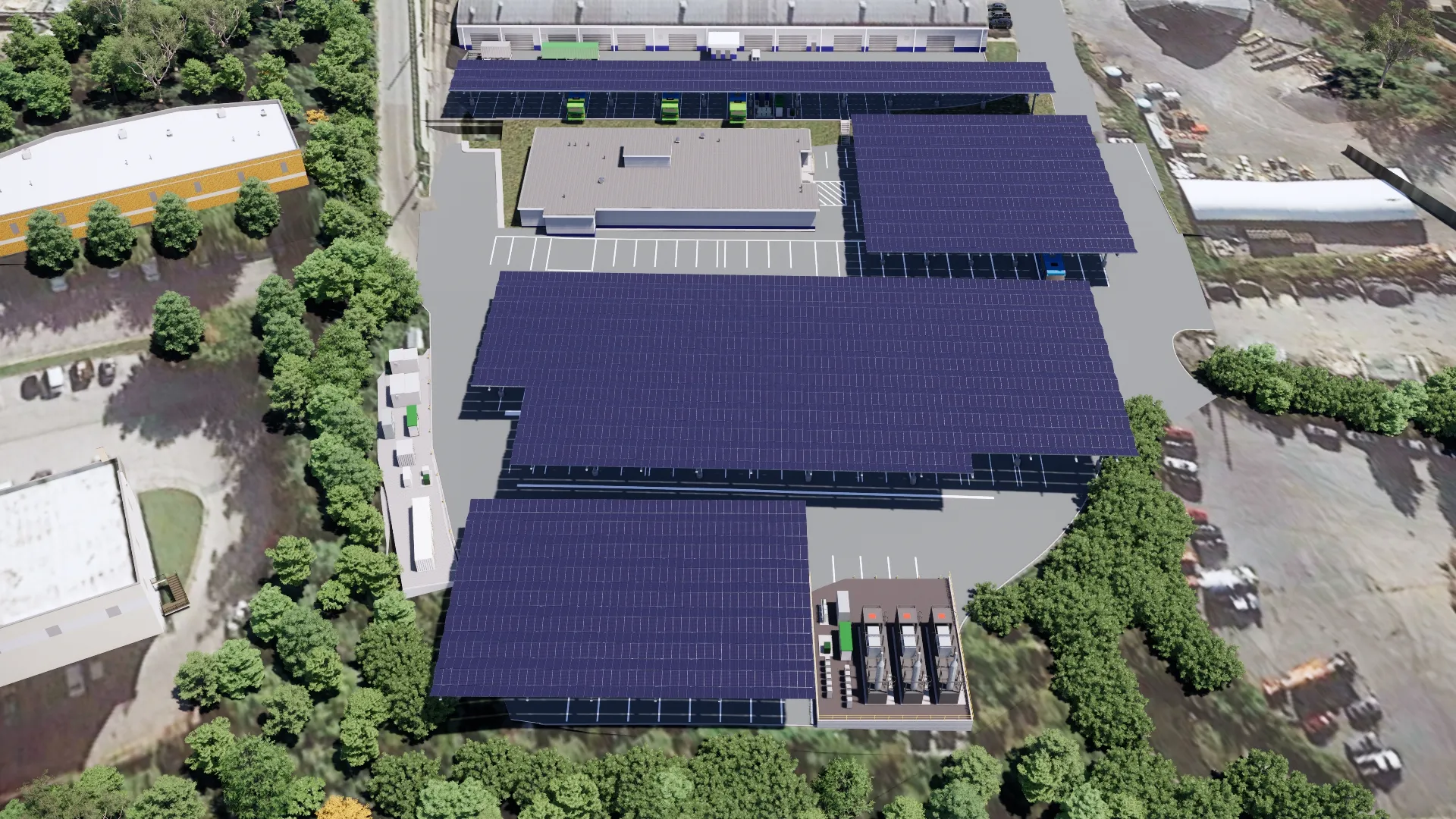The company says the project is intended to demonstrate its commitment to the deployment of zero-emission heavy goods vehicles. Innovate UK has provided a £220,000 grant to Sheffield City Council which will allow the 26-tonne RCVs to operate over the next two years.
In the future, Veolia expects the RCVs to be charged using the electricity generated from non-recyclable household waste which fuels the city’s energy recovery facility.
Also, two more RCVs will be converted to electric for other trials taking place in London. Veolia has also introduced electric-powered vans eco-vans to help make deliveries more environmentally friendly at Royal Liverpool and Broadgreen University Hospitals as well as Southport and Ormskirk Hospital.
Veolia wastes nothing to go electric
Resource management company Veolia will trial two electric refuse collection vehicles (RCVs) which are charged by power derived from waste collected in Sheffield, UK. The former diesel-powered vehicles are expected to operate by the end of the year.
The company says the project is intended to demonstrate its commitment to the deployment of zero-emission heavy goods vehicles. Innovate UK has provided a £220,000 grant to Sheffield City Council which will allow the 26-tonne RCVs to operate over the next two y
November 23, 2018
Read time: 2 mins
Resource management company 5324 Veolia will trial two electric refuse collection vehicles (RCVs) which are charged by power derived from waste collected in Sheffield, UK. The former diesel-powered vehicles are expected to operate by the end of the year.









